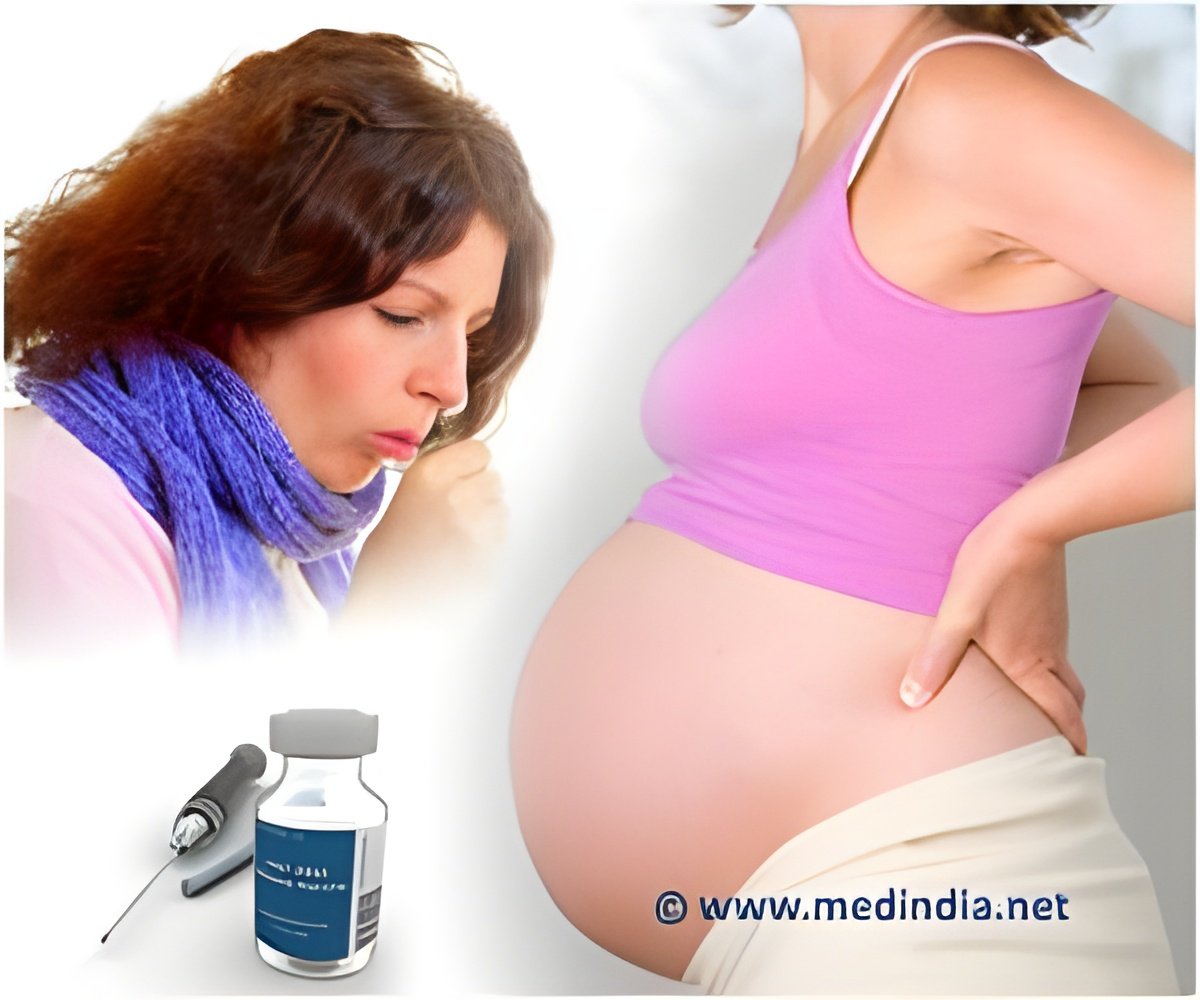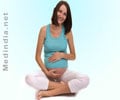Researchers have presented findings from studies examining the risk of adverse outcomes after receiving the influenza A(H1N1) vaccine.

The registry-based study included all live-born singleton infants in Denmark delivered between November 2, 2009, and September 30, 2010. The researchers estimated the prevalence odds ratios of adverse fetal outcomes, comparing infants exposed and unexposed to an AS03-adjuvanted influenza A(H1N1)pdm09 vaccine during pregnancy. Following exclusions, a group of 53,432 live-born infants was identified with 6,989 (13.1 percent) exposed to the vaccine during pregnancy.
In a propensity score-matched analysis of 330 infants exposed to the vaccine in the first trimester of pregnancy and 330 unexposed, there were 18 infants (5.5 percent) diagnosed with a major birth defect among those exposed compared with 15 (4.5 percent) among the unexposed. Among infants exposed to the H1N1 vaccine in the first trimester, 31 (9.4 percent) were born preterm compared with 24 (7.3 percent) among the unexposed. Preterm birth occurred in 302 of 6,543 infants (4.6 percent) with second- or third-trimester exposure, compared with 295 of 6,366 unexposed infants (4.6 percent). "Taking gestational age into account, there was no increased risk of small size for gestational age associated with vaccination in the first (25 [7.6 percent] exposed vs. 31 [9.4 percent] unexposed) or the second or third trimester (641 [9.7 percent] exposed vs. 657 [9.9 percent] unexposed)," the researchers write.
"In conclusion, this nationwide cohort study in Denmark found no significant associations between exposure to an AS03-adjuvanted influenza A(H1N1)pdm09 vaccine in pregnancy and risk of adverse fetal outcomes including major birth defects, preterm birth, and growth restriction. Although the data provide robust evidence of safety with respect to outcomes associated with second- or third-trimester exposure, results from analyses of first-trimester exposure should be viewed as preliminary and need confirmation. Further research also needs to address risk of specific birth defects as well as effectiveness of H1N1 vaccination in pregnancy."
Source-Newswise
 MEDINDIA
MEDINDIA




 Email
Email




